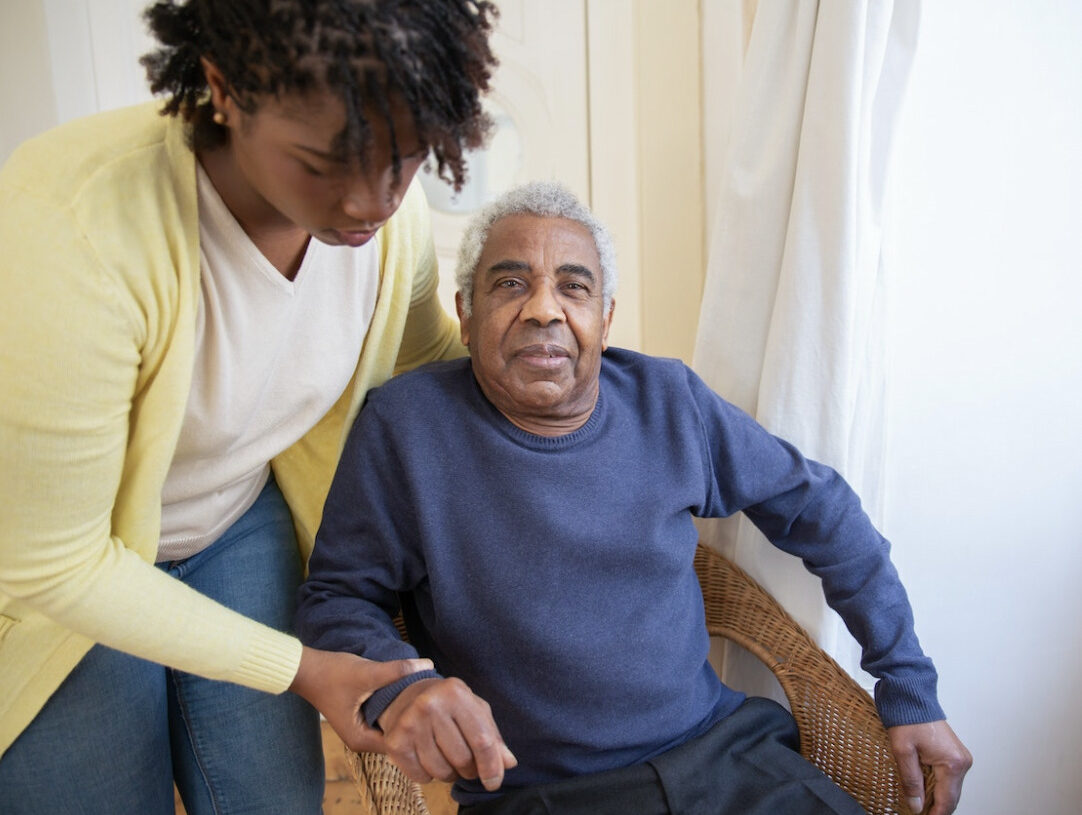From the day you were born, you began to age. You know this, of course, but the reality of aging really seems to set in when an elderly focus comes into view. This is especially true when you begin to notice changes in your parents as they age. As time goes by, there are some things you should do to help them out.
Seek the Appropriate Care
Growing older is a journey. When people are on that path, there can be any number of problems or concerns that may arise at any given time. One such concern comes with a cognitive impairment diagnosis. If one of your parents is diagnosed with dementia, at some point they will require professional dementia care to help take care of them.
You have your own family, career, and responsibilities to attend to. You may wish to provide care for your parents, but it is unlikely that you will be able to do it all on your own. Instead, work with professional caregivers to keep your parents safe in their home for as long as possible through the use of relevant in-home services.
If your loved ones need medical care, ensure you or another family member attends the appointments as an advocate. As people get older, they tend to need extra assistance in navigating their healthcare needs in addition to finding the appropriate care. Watch this video for tips on how to handle doctor visits with your elderly parents.
Document the Memories
As your parents age, regardless of any diagnosed cognitive declines, their respective memories will begin to fade, even if it is just a little bit. They have beautiful memories of their lives before you in addition to memories of your formative years. Take the time today, without delay, to begin asking them questions. If you are able, and they consent, record your conversations and questions. It is a wonderful opportunity to save their memories in their own voices.
Talk with your parents together and separately over the course of many visits. If you live far away, ask for their approval to record a Facetime or Zoom call. While there are virtually endless questions and topics of discussion for you to broach, some of the common ones to get started include:
- Tell me about your childhood.
- What first attracted you to (insert other parent’s name)?
- What are you most proud of in your life?
- What would you change in your life if you had a do-over?
- Do you have any regrets?
- Tell me about what you thought when I was born.
- Do you have any stories from my childhood?
Some other options are to email questions and answers back and forth. Writing letters is a beautiful way to capture their personality and their handwriting.
Taking care of your parents is a complicated process. It involves a vigilant awareness of their healthcare needs and day-to-day safety. As they are able, ask them what their wishes are regarding living arrangements and end-of-life planning. The best way to respect their needs is to talk with them.
Main Image Credit


